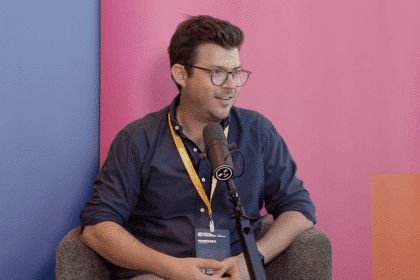The Australian federal government is poised to make a significant decision in the coming weeks on whether to compel Meta to negotiate payment-for-content agreements with Australian news media companies. The outcome of the decision could potentially reshape the landscape of digital news distribution and compensation in the country.
Sources close to the matter suggest that a decision could be made before Christmas. The stakes are high, given the broader implications for both media companies and Meta. The tech giant has previously argued that news content represents only 3 per cent of what users see on Facebook globally. However, a study conducted by research firm Dynata showed that more than 40 per cent of Australians cited “news” as their primary reason for using social media daily.
The News Media Bargaining Code, introduced in 2021 by Scott Morrison’s government, requires tech giants, like Meta and Google, to pay for the use of Australian news content on their platforms.
Initially, the code resulted in commercial agreements worth an estimated $70 million annually for Australian news publishers. However, in February this year, Meta announced it would not renew these deals, leaving the future of such payments in question.
Under the bargaining code, the government can “designate” Meta, forcing the company to negotiate with media companies. Failure to comply could result in Meta facing fines amounting to hundreds of millions of dollars. Despite this provision, the government has yet to confirm whether it will take such action.
Assistant Treasurer Stephen Jones holds ministerial oversight of the issue following Treasurer Jim Chalmers’ recusal due to a potential conflict of interest—Chalmers’ wife is a journalist for News Corp.
“The Albanese government supports journalists and a vibrant media industry in this country. We want to ensure that companies like Meta continue to make a contribution to public interest journalism in this country. The government will have more to say soon,” Jones said.
In addition to the bargaining code deliberations, the government is implementing stricter social media regulations. Last month, it announced a new measure preventing under-16s from accessing platforms such as Snapchat, TikTok, Facebook, and Instagram without exceptions.
Companies violating these rules face fines of up to $50 million. “Social media is doing harm to our kids, and I’m calling time on it,” Prime Minister Anthony Albanese said at the time.
As the deadline for a decision nears, the Albanese government faces a pivotal moment in determining how to balance the interests of tech companies, news publishers, and the public while reinforcing its commitment to public interest journalism.








